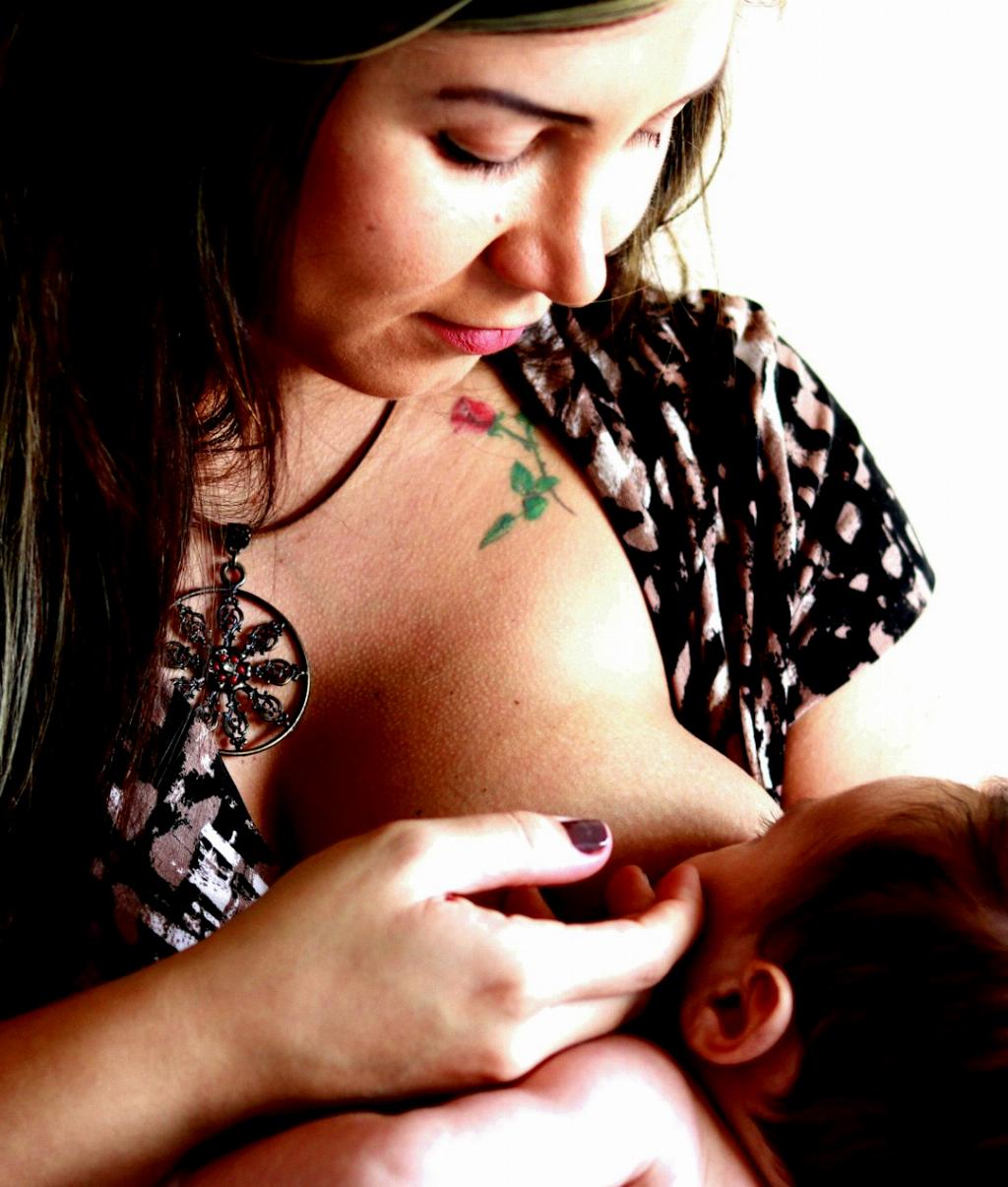If you’re a breastfeeding mother contemplating the use of Lion’s Mane, you might be curious about its safety and potential benefits. The good news is that Lion’s Mane is generally considered safe for breastfeeding mothers. This intriguing mushroom has gained popularity in recent years due to its potential cognitive and overall health benefits.
While Lion’s Mane is generally safe for consumption, it’s crucial to consult your healthcare provider before incorporating any new supplement into your postpartum routine. This precaution ensures that the supplement is suitable for your specific health needs and won’t interfere with any medications or preexisting conditions.
When it comes to breastfeeding, it’s natural to be concerned about the potential impact of various substances on your baby’s health. While Lion’s Mane is regarded as safe for most individuals, every person’s body is unique. Therefore, consulting with a healthcare professional can provide personalized guidance and peace of mind.
The potential benefits of Lion’s Mane, such as support for cognitive function and overall well-being, can be appealing to new mothers navigating the demands of caring for a newborn. However, it’s important to remember that individual responses to supplements can vary, and what works for one person may not have the same effect on another.
Consulting your healthcare provider before consuming Lion’s Mane while breastfeeding is essential for several reasons. Your healthcare provider can assess your medical history, current health status, and nutritional needs to determine whether Lion’s Mane is a suitable addition to your diet during the lactation period.
While Lion’s Mane is generally well-tolerated by most individuals, it’s always wise to exercise caution, especially when breastfeeding. By seeking professional advice before consuming this mushroom supplement, you can make an informed decision that considers both your well-being and your baby’s health.
As a breastfeeding mother, prioritizing your health and that of your baby is paramount. Incorporating Lion’s Mane into your postpartum routine should be done with care and under the guidance of a healthcare provider. This proactive approach ensures that you can enjoy any potential benefits of Lion’s Mane while safeguarding your well-being.
Remember that everyone’s body reacts differently to supplements, so what works for one person may not work the same for another. By consulting with your healthcare provider, you can receive personalized advice that takes into account your individual health circumstances.
Furthermore, discussing the use of Lion’s Mane with your healthcare provider allows for a comprehensive evaluation of potential risks and benefits. This dialogue facilitates an open and informed conversation about how Lion’s Mane may fit into your overall postpartum wellness plan.
While Lion’s Mane is often touted for its cognitive support and overall health benefits, ensuring its compatibility with your breastfeeding journey is crucial. By seeking professional guidance, you can confidently navigate the decision to include Lion’s Mane in your dietary regimen and address any concerns or questions you may have.
In conclusion, while Lion’s Mane is considered safe for breastfeeding mothers, it’s always best to consult with a healthcare provider before adding any new supplement to your postpartum routine. This proactive step can help you make an informed decision that prioritizes both your health and the well-being of your baby.
Remember, your healthcare provider is there to support you in making the best choices for your health and that of your child. By having an open dialogue about the use of Lion’s Mane while breastfeeding, you can ensure a safe and informed approach to incorporating this supplement into your nutritional regimen.

